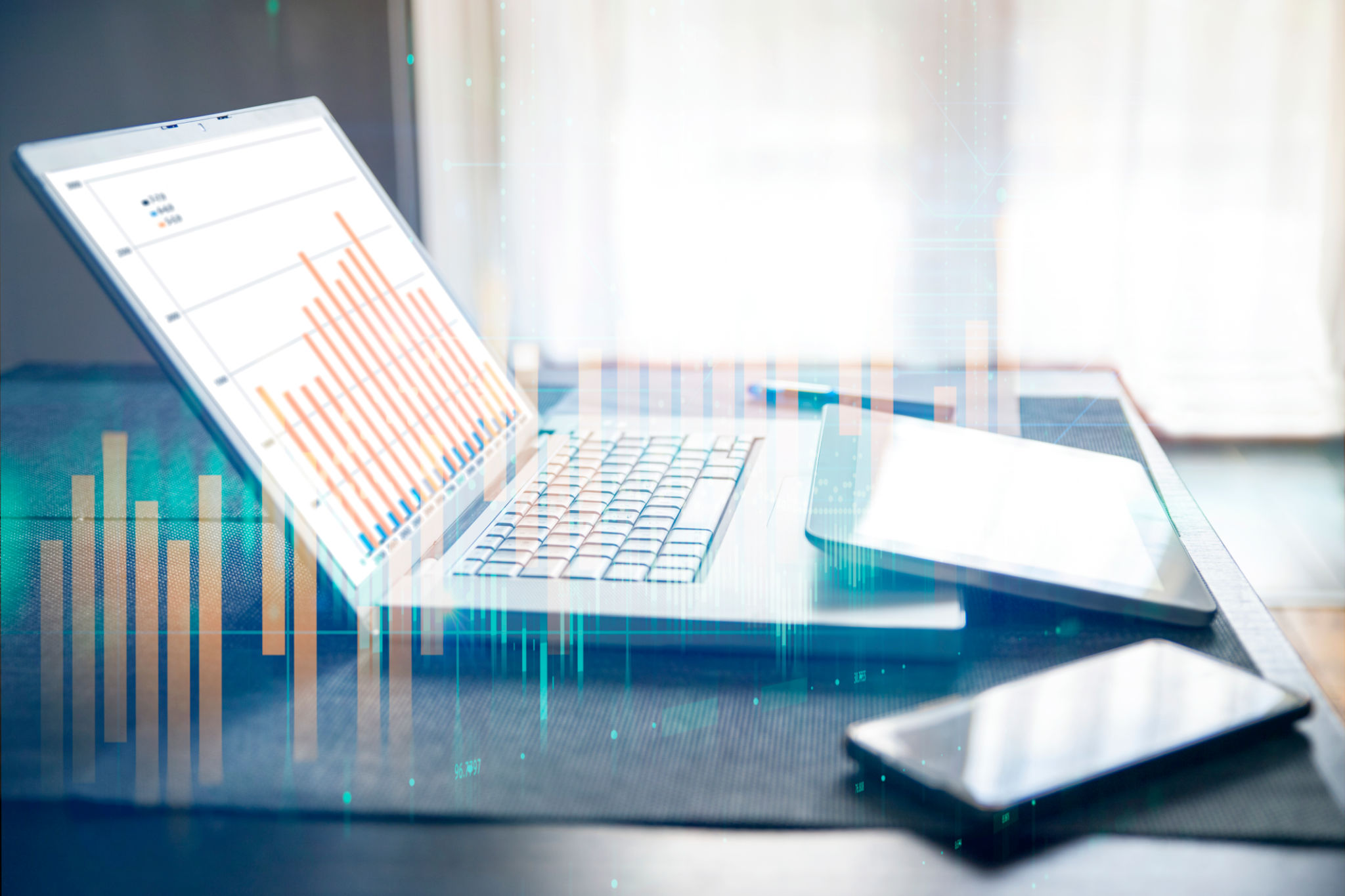Why is My Computer Running Slow? Top Causes and Solutions
Introduction
Is your computer running slower than usual? A sluggish computer can be frustrating, especially when you have tasks to complete. Understanding the root causes of a slow computer can help you address the issue effectively. In this blog post, we'll explore the top reasons why your computer might be lagging and provide solutions to get it back up to speed.

Too Many Startup Programs
One of the most common reasons for a slow computer is having too many programs set to run at startup. Each program that launches during startup consumes valuable resources, which can significantly slow down your system.
Solution: Manage Startup Programs
To tackle this issue, manage your startup programs by accessing the Task Manager on Windows or System Preferences on macOS. Disable unnecessary programs that you don't need to launch every time you start your computer. This simple step can free up resources and improve your computer's performance.
Insufficient RAM
Random Access Memory (RAM) is crucial for your computer's ability to multitask efficiently. If your computer has limited RAM, it may struggle to handle multiple applications simultaneously, leading to slow performance.

Solution: Upgrade Your RAM
If your computer allows it, consider upgrading your RAM. This upgrade can provide a significant boost in performance, especially if you often work with resource-intensive applications like video editing software or large databases.
Hard Drive Issues
A cluttered or failing hard drive can also cause your computer to run slowly. Over time, files become fragmented, and the hard drive has to work harder to access data.
Solution: Perform Disk Cleanup and Defragmentation
Regularly perform disk cleanup to remove unnecessary files and run a disk defragmentation tool if you’re using an HDD. For SSD users, ensure your drive is not too full, as this can impact performance. These maintenance tasks can help optimize your hard drive's efficiency.

Malware and Viruses
Malicious software and viruses can wreak havoc on your system's performance. They consume resources, corrupt files, and compromise security.
Solution: Conduct Regular Scans
Use reliable antivirus software to conduct regular scans of your system. Keeping your antivirus software up-to-date ensures that it can effectively detect and eliminate threats. Additionally, be cautious about downloading files from untrusted sources.
Outdated Software
Running outdated software, including the operating system, drivers, and applications, can lead to compatibility issues and vulnerabilities that slow down performance.
Solution: Keep Software Updated
Regularly update all software components on your computer. Most systems allow you to set automatic updates, ensuring that you always have the latest versions and security patches, which can enhance performance and security.

Conclusion
A slow computer is not only an inconvenience but can also hinder productivity. By identifying the underlying causes and applying the solutions outlined above, you can restore your computer's speed and efficiency. Regular maintenance and vigilance are key to keeping your computer running smoothly over time.